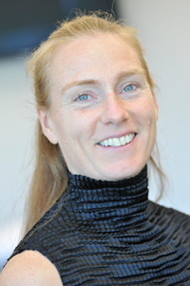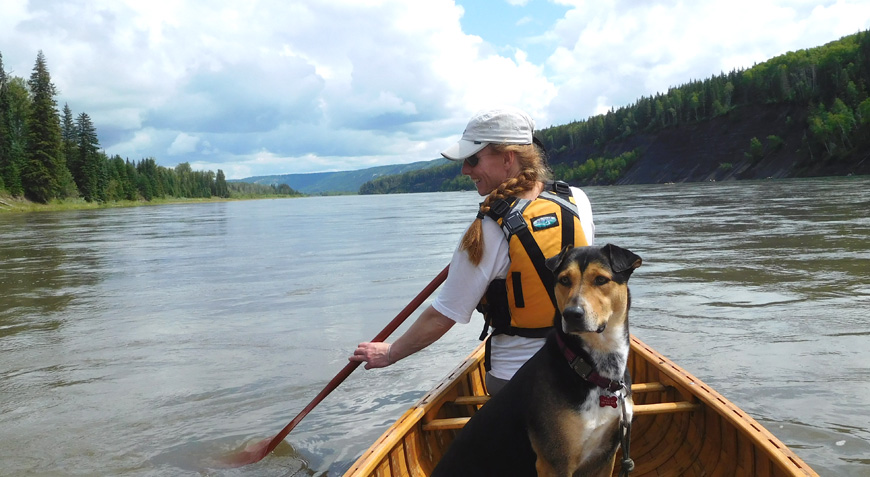Physical therapist. Rural healthcare advocate. Outdoor enthusiast.
 As a physical therapist based in Prince George, Robin Roots plays a central role in the path to recovery and rehabilitation for hundreds of patients across northern B.C.
As a physical therapist based in Prince George, Robin Roots plays a central role in the path to recovery and rehabilitation for hundreds of patients across northern B.C.
A dedicated instructor with the Faculty of Medicine’s Department of Physical Therapy, Robin leads the coordination of clinical education for physical therapy students who are part of the Northern and Rural Cohort. Over the course of her teaching career, she’s demonstrated a deep commitment to inspiring the next generation of physical therapists to explore the rich rewards of practice in rural and remote communities across the province.
Over the past 150 years, what do you think is the most important Canadian discovery, contribution or achievement in health research or education?
From the perspective of a physiotherapist, I believe one of the most important Canadian contributions to global health has been the polio vaccine. In the 1950s, the Connaught Laboratories at the University of Toronto developed ways to turn Dr. Salk’s discovery of the use of the inactivated polio virus into a vaccine that could be distributed worldwide.
In a number of ways, it was the polio epidemic that gave rise to the physiotherapy profession in Canada. During the epidemic, physical therapy — in the form of mobilization of joints and muscle stretching — was found to be the most effective way to treat the muscle spasms and paralysis that resulted from the virus. The polio epidemic also resulted in a significant need for rehabilitation programs, bringing disability rights to the forefront in Canada. The March of Dimes, which was a national fundraising campaign for polio research and polio victims, was one of the first, and largest, examples of Canadians ‘mobilizing’ — walking to raise money. Physiotherapists around the world continue to treat people who suffer from the effects of polio and work to eradicate polio.
Looking towards the future, what new health discovery, treatment or innovation will come from Canada?
Following on ways in which we can prevent and rehabilitate the loss of movement and function, UBC health researchers have already made outstanding contributions to our understanding of neuroplasticity and ways in which physiotherapy can improve the movement and function of those effected with neurological conditions. Dr. Lara Boyd’s research into how the brain changes after stroke, and ways in which we can activate the brain to improve movement, are ground-breaking and act as a catalyst for physiotherapists in the assessment and treatment of patients with any neurological change.
What is your favourite Canadian pastime?
Canoeing on a lake or down a river soaking in the wilderness of Canada’s incredible landscape.


